After the Democratic National Committee adopted a resolution that significantly changes the way the party selects presidential candidates, Iowa and New Hampshire’s status as the first-in-the-nation caucus and main openers of the presidential campaign season is no longer required. After the measure passed Wednesday night, Jim Roosevelt Jr., who co-chairs the Rules and Bylaws Committee, said, “I personally believe, and I think I’m not speaking just myself, that this is a powerful decision of a considerate process that is going to be inclusive of all Democrats.” “That’s what we’re going to aim for.”
Iowa and New Hampshire have been the first and second contests since 1972
The resolution flips the traditional Democratic presidential nominating calendar, which puts the Iowa caucuses first, then New Hampshire, Nevada, and South Carolina primaries. Since 1972, Iowa and New Hampshire have been the first and second contests.
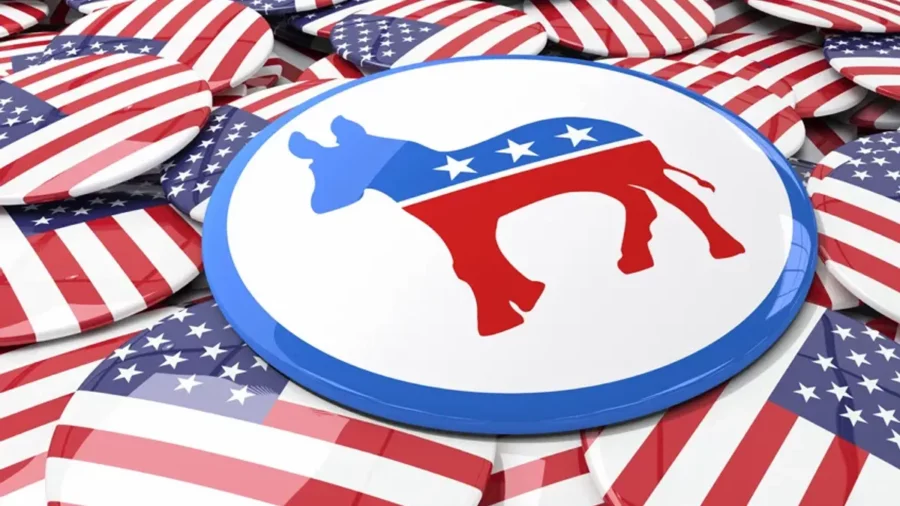
New Jersey Democratic politicians may want to remove Iowa from the presidential campaign’s top priority list. According to the newly passed resolution, states and territories must make a case for being included in a group of states that will hold contests in front of Massively Tuesday in early March.
What do Committee Members want to Change?
Members of the committee claim that the change will result in a more representative nominating process that reflects the party’s values. The bill lays out a road map for states that want to move closer to the start of the calendar year, taking into account the state’s demographic diversity, its preference for primary elections over party primaries, and how competitive the general election will be.
Does the state aid the party’s chances of winning in the general election?
Roosevelt stated the following. “You might be able to pick a state where someone is overwhelmingly popular, but that state is an outlier compared to the rest of the country. If you pick someone who is very good with sled dogs for an Alaska early primary, you’re not going to end up with a candidate who has a lot of national appeal.” He went on to say that electoral history is also important.
Has the state selected candidates in the primaries or caucuses in the past who ended up winning both the nomination and the election?
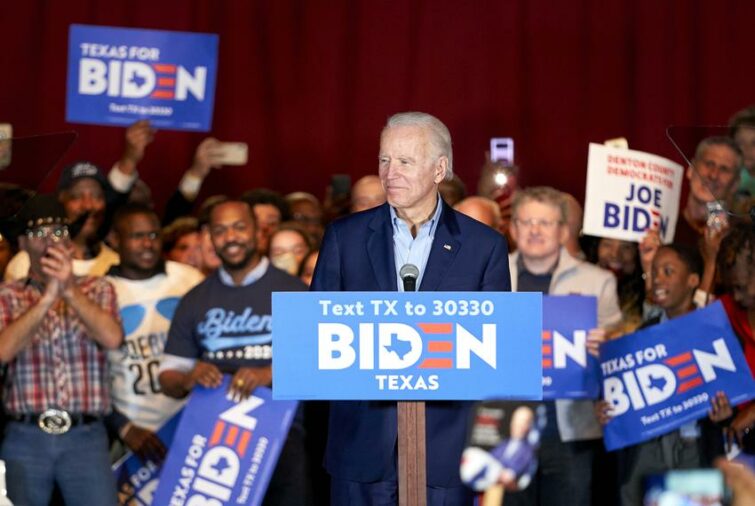
States interested in participating must file a written application in early June and present their case to the committee late last month. In July, the committee will present its proposed schedule to the full DNC, which will vote to confirm it in August. Discussion among the committee members ahead of Wednesday’s vote made it clear there is a strong preference against approving a caucus state in the early window.
What did the committee members say?
“I’ll say it correct now, caucus states have been going to be a tough sell for me,” said Washington, D.C. committee member Mo Elleithee. Elleithee, on the other hand, did not want to go so far as to say that caucus states “really shouldn’t apply.”
“I believe we should give each state the opportunity to make the most compelling case, and then we will know as committee members which one of these factors are most valuable to us,” he said. “States that do not provide some form of diversity will be difficult for me to sell.” But there may be states that can persuade me to ignore some of that because the rest of their case for how they fit into the system is so compelling.
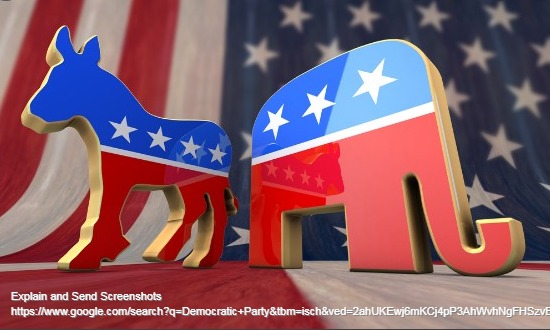
A member from Iowa, Scott Brennan, added that he liked to keep the speech flexible. “Let’s be broad and let everyone make their case,” he said, “and we’ll let this same chips fall where they may.” The changes that come after Iowa and New Hampshire have been discouraged for years. Neither of the winners of the first two states went on to win the Democratic nomination in 2020. Many have argued that neither state, which is both predominantly white, is diverse enough to lead the nomination process.
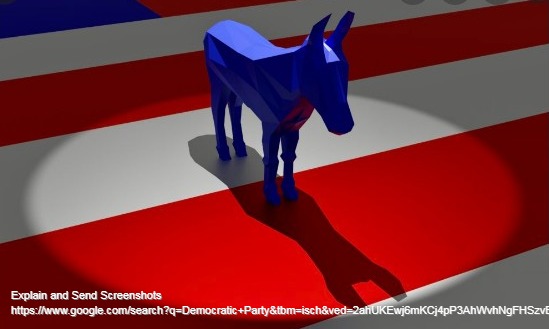
In an interview with NPR, Ross Wilburn, the chair of Iowa’s Democrats, pushed back against this, arguing that Democrats must demonstrate that they can meet the concerns of a diversifying rural America. “If Democrats can’t figure out how to communicate with Iowans on a national level, we’re in big trouble as a party,” he said. “It’s no secret that the Democrats have been losing seats from across the country as a result of its dwindling appeal to rural working-class voters. Iowa and other small rural states must have a say in the presidential nomination process.”
When the DNC completes its process, Wilburn told reporters he plans to make the case for why Iowa’s caucuses should remain first. He also mentioned how his state has allowed upstarts to thrive. Wilburn stated that he intends to make the case for why Iowa is the best state in the country. “Don’t forget, without Iowa, there would be no President Obama.
Why did chaos ensue in Des Moines?
Chaos ruled in Des Moines, Iowa, on Feb. 3, 2020, as reporters questioned a slew of campaign and election officials as to why the vote totals were so late. Democrats in Michigan and New Jersey want to jump to the front of the line with their campaigns.
“Iowa demonstrated the disaster of a caucus in the last election,” Michigan Democratic Rep. Debbie Dingell said, making reference to contributions to greater and technological challenges in 2020 that made it difficult for Iowa to name the winner of its caucuses.
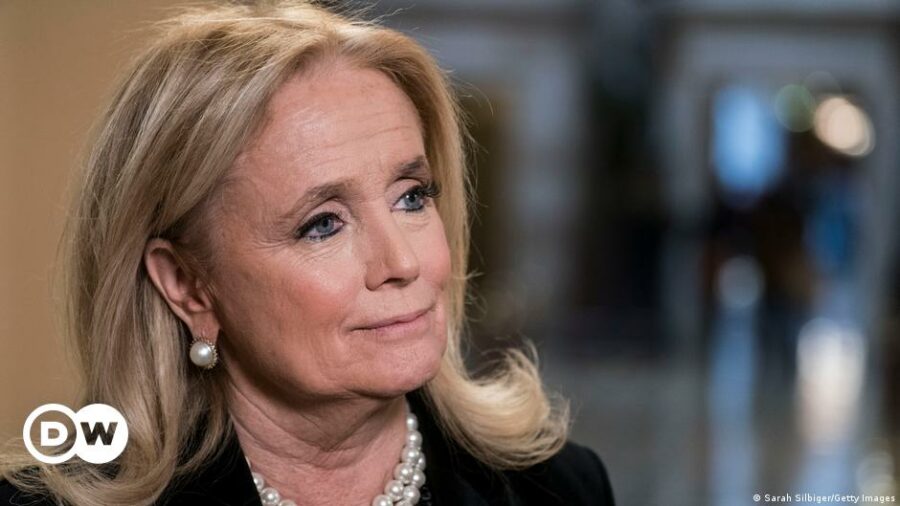
Dingell is already petitioning for her state to be granted early status. Dingell’s involvement was first reported by the Washington Post. One of the reasons Michigan is well-positioned to take advantage of the early window, she claims, is its status as a manufacturing state.
“It’s a state that represents our country’s great diversity. There are urban areas and rural areas. We have manufacturing and agriculture. We have a diverse range of cultures and backgrounds “Prior to the committee’s vote on Wednesday, Dingell told NPR. Similar efforts are already underway in states such as New Jersey, where state party chair LeRoy Jones has been lobbying the Democratic Party to take his state into account, which votes in June.
The Nevada Democratic Party’s Leader Says It’s Time To End The Caucuses And Move To A Primary
“We need to use the past as a gauge for how well we can move forward.” Jones told NPR, “We saw some interesting things happen in the Iowa caucuses that kind of raised a few eyebrows.” “And the caucuses themselves may have had their day, at least in the early stages of the presidential primary.”
“New Jersey, we believe, provides a greater benefit to voter participation.” According to Jones, New Jersey’s variability, as well as its small size, make it a good fit. “You have a population, diversity, tourism, and transportation ease collaboration. That, I believe, adds a lot of value.”
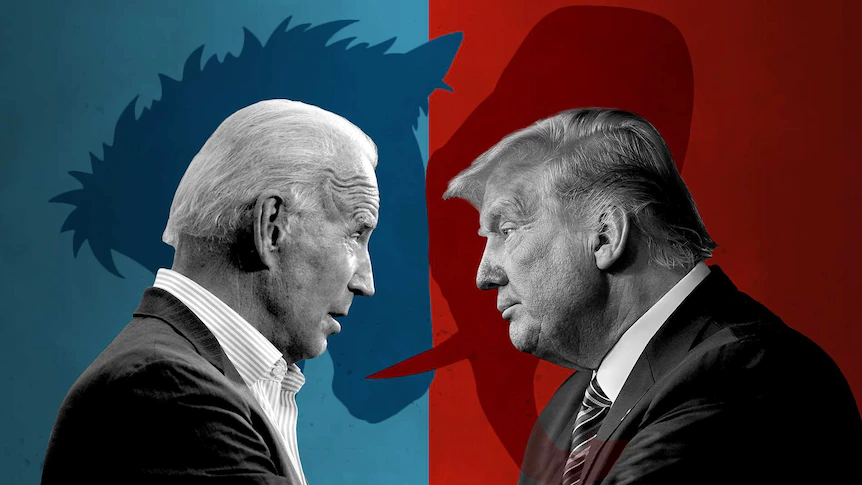
Democrats in Iowa and New Hampshire have argued that the states’ small size allows presidential candidates to break through before moving on to larger states with more expensive media markets.
David McDonald of Washington state, a member of the Rules and Bylaws Committee, raised the issue at the committee’s last meeting. “I hope that we will continue to make the upfront window as accessible to candidates as possible,” he said, “and that we will not end up with four big states upfront in a vote decided by mass media markets.” When asked about claims that the process should be led by small states, Michigan Representative John Dingell pushed back. “Why should two dissimilar small states that don’t have anything in common work together?”
Enter your email to stay updated with offers
If you can’t see the form above, click here to open the form.







Add Comment